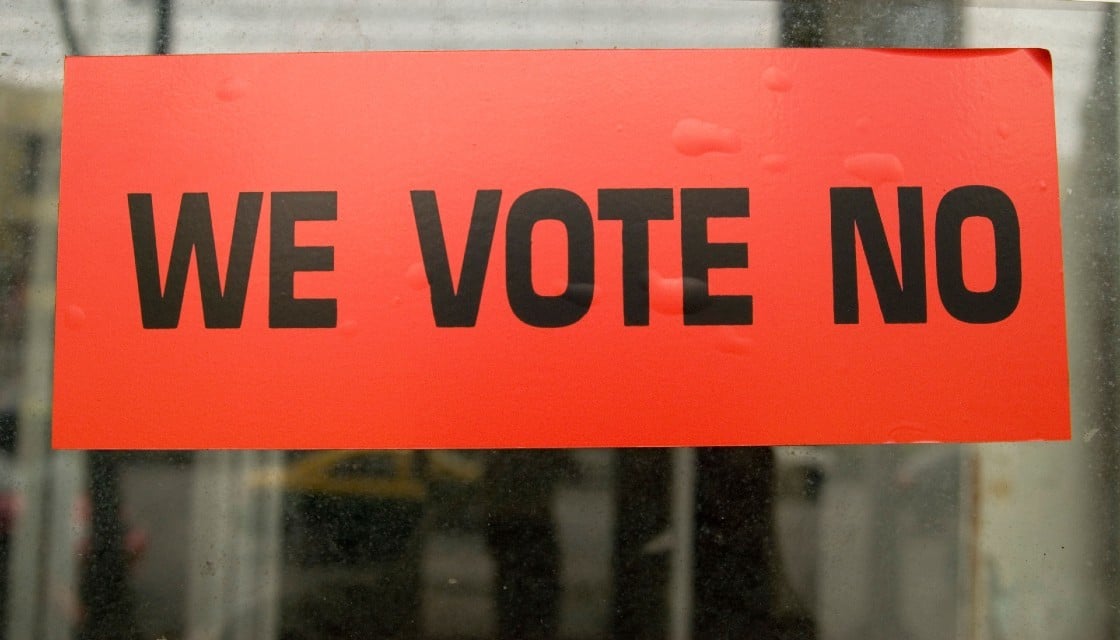LAS VEGAS -- DraftKings and FanDuel, two companies that have invested millions in a California ballot initiative to bring sports gambling to that state, are apparently waving the white flag on Proposition 27.
California sports betting is not legal but there are two measures up for vote on the November ballot.
Prop 27 will be in front of California voters, along with a competing ballot initiative, Prop 26.
In brief, Prop 27 would allow broadly-offered sports gambling (including online) while Prop 26 would generally limit sports gambling to in-person betting at tribal casinos and at some race tracks.
Polls show that both efforts are longshots, despite hundreds of millions spent in advertising by the two sides.
FanDuel CEO: “Will Live to Fight Another Day”
The spending reportedly is coming to an end. At G2E, the industry conference and trade show currently going on at the Sands Expo in Las Vegas, the top executive for DraftKings, co-founder Jason Robins, and FanDuel CEO Amy Howe were looking beyond what is sure to be a disappointing outcome at the polls this year.
“We will live to fight another day,” Howe said.
“It’s hard to imagine California without sports betting,” Robins said, adding that the state is often on the cutting edge of cultural movements.
So far, 36 U.S. jurisdictions have legalized sports betting (31 are live) and most include online sports betting.
Robins predicted that another California vote was likely to pass in 2024.
Howe said that the dawn of California betting apps will hinge on negotiations among all the stakeholders - including Tribal interests, who currently control the state’s bricks-and-mortar casino industry. That would create a united front for sports wagering.
Robins conceded that the barrage of advertising that dominated California TV was confusing and off-putting to voters. Prop 27, the effort by the commercial sportsbooks, was being sold as a partial solution to the state’s homelessness problem with tax money specifically earmarked for that purpose.
“People get sick of all the ads,” he said.
Illegal Off-Shore Betting Is Bad News
In the meantime, California has become fertile ground for the illegal off-shore bookmakers.
The national sports betting advertising wooing customers in jurisdictions where online sports gambling is already legal has created more appetite for sports wagering in California – and the only outlet for that demand is the offshore bookmakers that the legal U.S. industry wants stamped out.
Howe noted that 70% of internet searches for sports betting in California are for illegal sports books. The same could be likely said for online casinos in California.
Robins added that casual sports fans often have no idea which websites are legal and which are offshore and illegal.
Betting with illegal sportsbooks might have some advantages in the minds of some bettors because, as Robins said, “If they win with us, they have to pay taxes.” If bettors win with an offshore bookie, they can try to evade taxes.
However, there is no guarantee that the bettors will get paid at all.
It looks like, in California, betting on sports in a safe, legal environment either in-person or online might be off-the-table, at least for the next couple of years.
Stay close to BetCalifornia.com on the road to sports betting and for the top California betting promos.






